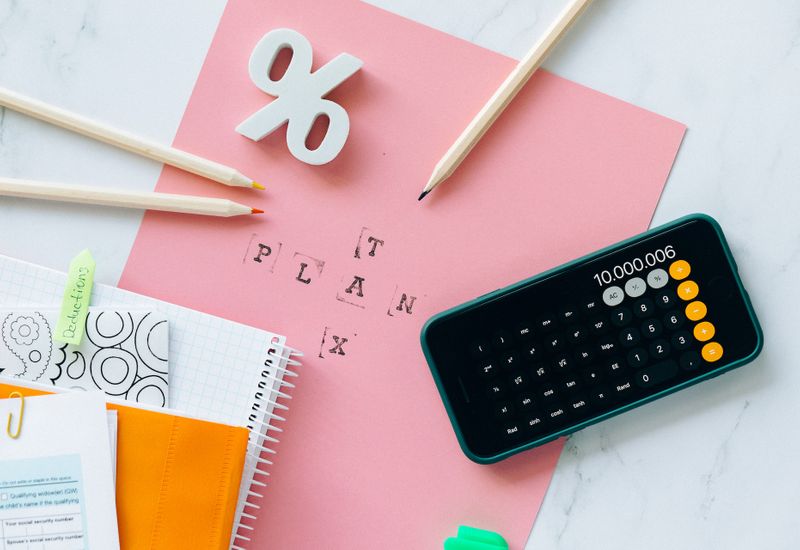Money always seems to run out way too quickly. Tracking your spending can help.
When budgeting it’s important to take a step back and evaluate your situation. It’s the time to ask yourself what the spending necessities are and what you don’t need. If you seem to be spending more than you’re earning, creating a budget is the right step for you.
Acknowledging your financial situation can be daunting, but it’s the first step to creating and calculating a budget. It can be hard to know where to start, what to do and how to stick to a budget. So here’s a guide on how to budget and cut costs, to start saving money.
How do you work out your net income?
Look at where you’re receiving money. Start by rationing out your student loan across the months between payments. Always set aside money for rent first. If you can’t pay the term’s rent upfront, put it in a separate account and pretend it doesn’t exist.
Then add any extra income. Do you have a part-time job? Are you receiving any benefits like the Disabled Students’ Allowance or Personal Independence Payment? Do your parents contribute at all?
Add all this up and split it into weekly amounts. To do this, work out your yearly income and divide it by 52.
How do you track your spending?
Track your spending through three different categories: fixed, variable and daily. The fixed spending focuses on things that you have to pay every month, like rent and other bills. The variable spending is the money spent that changes each month, like food shopping.
Your daily spending habits include the things you spend throughout the day and on yourself. Be as accurate as possible to get the best representation of your spending habits.
Collecting receipts and any statements regarding your finances, is another way to calculate your average spending. It shows you where your money tends to go. There are also plenty of apps to help you track your spending.
What are realistic goals you can set for yourself?
Giving yourself unrealistic goals will demotivate you and lead to disappointment, deterring you from keeping up with the budget plan. Setting smaller and more realistic goals will help you keep on track and motivated as things become more manageable. These goals can be both short and long term, depending on your financial situation.
So how do you actually plan your budget?
Now that you have your financial goals set out, making a plan to achieve them is the next step. Set spending limits, reduce unnecessary purchases like getting overpriced coffee every morning, try becoming your own barista to save some money. Set yourself a weekly spending limit, and cut down where you need to.
Things in life change all the time, and with that so should your budget. Reviewing your plan often and altering if needed will help you track your progress and keep on track. Seeing your progress will fuel you with the desire to keep persistent with your goals.
50/30/20 plan
There are many different ways to budget, something out there that works for everyone. One of the most common ways to budget is through the 50/30/20 method which in its simplest form is splitting your savings into : 50% needs, 30% wants, 20% savings and debts. Starting out with this budget plan is a good way to ease into budgeting, altering the plan as you find what works best for you.
What budgeting tools and techniques do you use? Join the Student Hut Community and let us know in our opinion panel.













